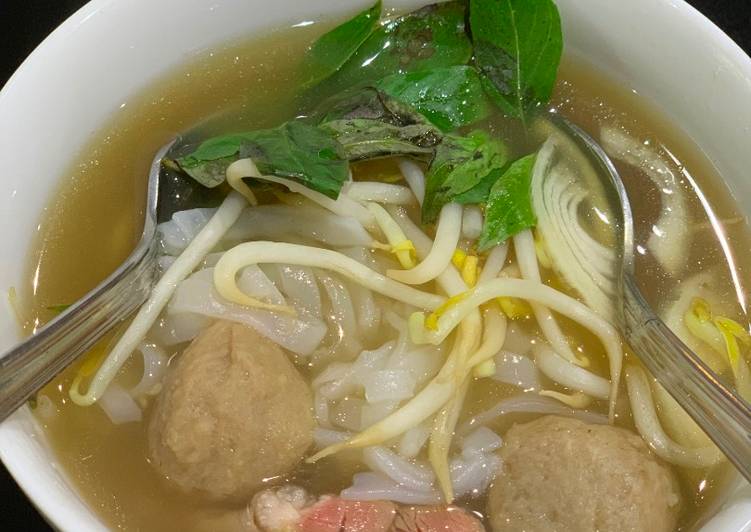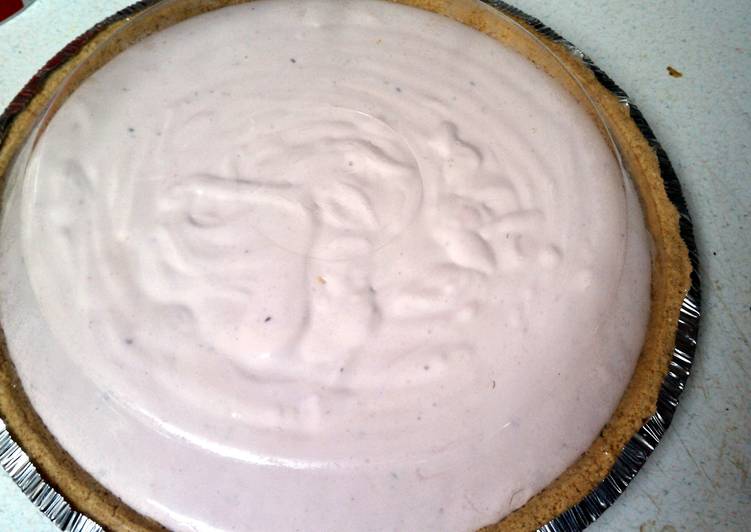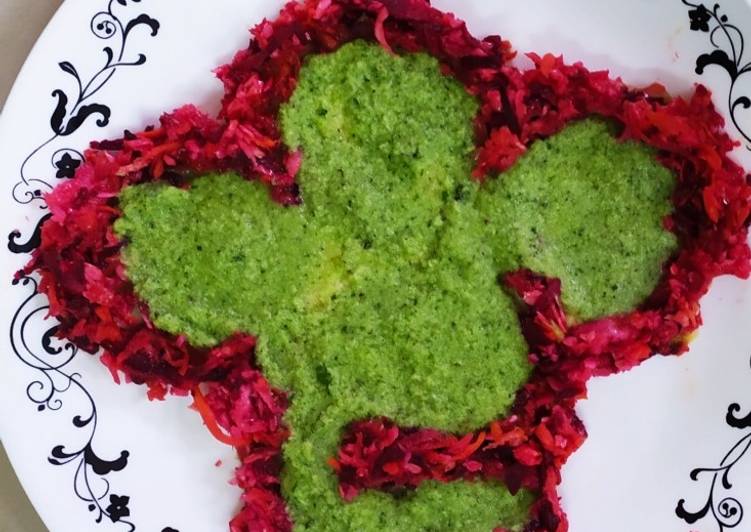
Hello everybody, it’s Drew, welcome to our recipe site. Today, I will show you a way to make a special dish, pho (vietnamese beef soup). One of my favorites food recipes. For mine, I will make it a little bit tasty. This will be really delicious.
We don't add grilled garlic in the soup. Nguyen: Pho Bo – Vietnamese Beef Noodle Soup. Vietnamese 'Pho Ga' Chicken Noodle Soup
Pho (Vietnamese Beef Soup) is one of the most favored of recent trending meals in the world. It’s easy, it’s fast, it tastes yummy. It is appreciated by millions every day. They’re nice and they look fantastic. Pho (Vietnamese Beef Soup) is something which I have loved my whole life.
To begin with this particular recipe, we have to first prepare a few components. You can cook pho (vietnamese beef soup) using 26 ingredients and 8 steps. Here is how you cook it.
The ingredients needed to make Pho (Vietnamese Beef Soup):
- Take broth
- Make ready 5-6 pounds beef knuckles or leg bones
- Get 6 quarts cold water
- Get 2 medium onions, quartered
- Prepare 4 -inch piece of fresh ginger, halved lengthwise
- Make ready 2 cinnamon sticks
- Make ready 1 tablespoon coriander seeds
- Prepare 1 tablespoon fennel seeds
- Take 6 star anise
- Take 6 whole cloves
- Take 1 black cardamom pod (see note below)
- Take 1 1/2 tablespoons salt
- Prepare 1/4 cup fish sauce
- Get 1 -inch piece yellow rock sugar (see note below)
- Prepare assembly
- Get 1 pound small (1/8-inch wide) dried or fresh “banh pho” noodles (see note)
- Take 1/2 pound raw eye of round, sirloin or tri-tip steak, thinly sliced across the grain (see note)
- Get 1/4 cup thinly sliced onions (see note)
- Make ready 1/4 cup chopped cilantro leaves
- Take for the table
- Get Sprigs fresh mint and/or Asian/Thai basil
- Make ready Bean sprouts
- Take Thinly sliced red chilies (such as Thai bird)
- Get Lime wedges
- Prepare Fish sauce
- Get Hoisin sauce
Making your own Vietnamese pho soup at home is not hard, all you need is a straightforward recipe, a few secrets and a stockpot. If you're sitting there and wondering "what is pho," it's a delicate (and delicious) Vietnamese noodle soup, made from beef bones, ginger, onions and lots of aromatic spices. We take our Pho very seriously. One of the greatest noodle soups in the whole world commands respect!
Instructions to make Pho (Vietnamese Beef Soup):
- Add beef bones to a large pot that will hold at least 10 quarts. Then, cover bones with cold water. Place pot onto high heat and bring to a boil. Boil for 3 to 5 minutes. During this time, impurities and foam (or scum) will be released and rise to the top. Drain bones, discarding the water. Then, rinse bones with warm water and scrub stockpot to remove any residue that has stuck to the sides. Add the bones back to the stockpot and cover with 6 quarts of cold water.
- Meanwhile, move an oven rack to a high position then turn broiler to high. Line a baking sheet with aluminum foil. Place quartered onions and halved ginger onto baking sheet then broil for 10 to 15 minutes, turning onions and ginger occasionally so that they become charred or browned on all sides.
- Add cinnamon sticks, coriander seeds, fennel seeds, star anise, cloves and the black cardamom pod to a dry frying pan. Place onto low heat and cook, stirring occasionally until fragrant. About 5 minutes. Place toasted spices into a cotton muslin bag/herb sachet or cheesecloth then tie with butchers twine to seal.
- Bring stockpot with parboiled bones and water to a boil then lower to a gentle simmer. Add charred onion and ginger as well as the bag or sachet of toasted spices. Add 1 1/2 tablespoons of salt, a 1/4 cup of fish sauce and the rock sugar. Continue to simmer broth, uncovered, for 3 hours. If at any time foam or scum rises to the surface, use a spoon to remove it.
- Use tongs or a wide mesh spoon to remove bones, onion and ginger from broth then strain broth through a fine mesh strainer. The broth will have a layer of fat at the the top. There are two ways to remove this. First, if you plan to enjoy the broth now, skim the fat from the top of the broth using a spoon. If you do not mind waiting, you can also pour broth into containers then refrigerate overnight. As the broth cools, the fat will solidify, making it very easy to remove.
- ASSEMBLY - Bring the broth to a gentle simmer over medium heat. - - If you are using dried noodles, add noodles to a bowl then cover with hot water and soak for 15 to 20 minutes until soft and opaque. If you are using fresh, add to a colander then rinse with cold water.
- To cook the noodles, bring a medium saucepan filled with water to a boil. Place noodles into boiling water and cook for about 10 seconds or until they collapse. Drain noodles then divide between bowls. (We like to fill each bowl by 1/3 with noodles).
- Arrange slices of raw meat into bowls, and then top with the hot broth. Finish broth with onion slices and cilantro. Serve bowls with a plate of optional garnishes listed above.
Authentic Pho recipe from award-winning cookbook author and foremost expert in Vietnamese cuisine, Andrea Nguyen! With a broth that's light yet so full of flavor. In Vietnam, where there is enough rain, heat and sun to grow almost anything in large quantity, herbs are treated much like what most Americans consider Here, a pile of fresh herbs are served alongside this classic Vietnamese beef soup, so diners can add to taste. Basil, cilantro and mint are critical, but. Pho (I found out in college that it's actually pronounced "fuh." For someone who'd been shamelessly calling it "foe" for eighteen years, this was an embarrassing revelation) is a Vietnamese noodle soup that's often made with beef and topped with awesome things like fresh bean sprouts.
So that’s going to wrap this up with this special food pho (vietnamese beef soup) recipe. Thanks so much for reading. I am sure that you can make this at home. There is gonna be more interesting food at home recipes coming up. Don’t forget to bookmark this page on your browser, and share it to your loved ones, colleague and friends. Thanks again for reading. Go on get cooking!

